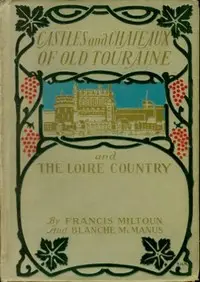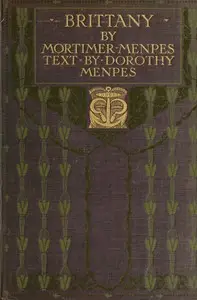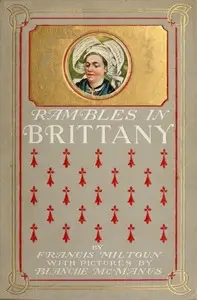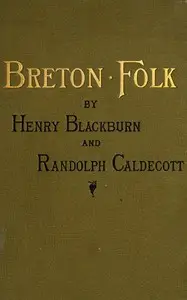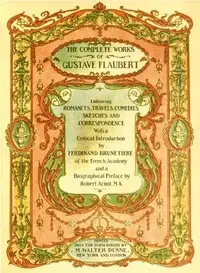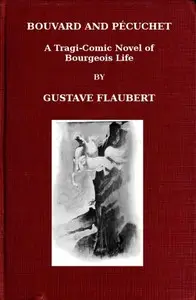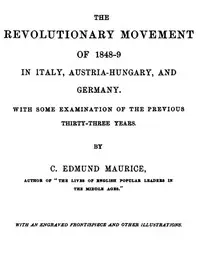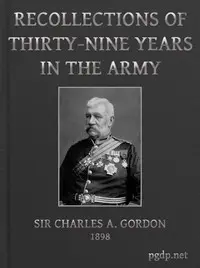"Over Strand and Field: A Record of Travel through Brittany" by Gustave Flaubert is a late 19th-century travel journal, narrating the author's journeys across the picturesque and historically rich region of Brittany in France, where he contemplates a variety of French castles, local towns, and the rhythm of regional life. The book intricately portrays both the striking beauty and the deep melancholy of the area’s structures and environment, drawing readers into Flaubert's vibrant and perceptive experiences. Initially, traveling through the Château de Chambord, Flaubert establishes a reflective atmosphere, witnessing decay surrounding what was once an impressive castle. He experiences a profound sorrow at the sight of the site which serves as an illustration of past grandeur and current disrepair. He then continues his journey to other sites, such as the Château d'Amboise and Chenonceaux, where he shares his awe of the architecture, nature, and historical importance found within these places. This sets up a deep link to the locations and shows both the captivating landscapes of Brittany and the touching reminders of history that influence those who see it today.

Over Strand and Field: A Record of Travel through Brittany
By Gustave Flaubert
Experience the sad beauty of Brittany through the eyes of a traveler as they walk through forgotten castles and historic towns.
Summary
About the AuthorGustave Flaubert was a French novelist. He has been considered the leading exponent of literary realism in his country and abroad. According to the literary theorist Kornelije Kvas, "in Flaubert, realism strives for formal perfection, so the presentation of reality tends to be neutral, emphasizing the values and importance of style as an objective method of presenting reality". He is known especially for his debut novel Madame Bovary (1857), his Correspondence, and his scrupulous devotion to his style and aesthetics. The celebrated short story writer Guy de Maupassant was a protégé of Flaubert.
Gustave Flaubert was a French novelist. He has been considered the leading exponent of literary realism in his country and abroad. According to the literary theorist Kornelije Kvas, "in Flaubert, realism strives for formal perfection, so the presentation of reality tends to be neutral, emphasizing the values and importance of style as an objective method of presenting reality". He is known especially for his debut novel Madame Bovary (1857), his Correspondence, and his scrupulous devotion to his style and aesthetics. The celebrated short story writer Guy de Maupassant was a protégé of Flaubert.

